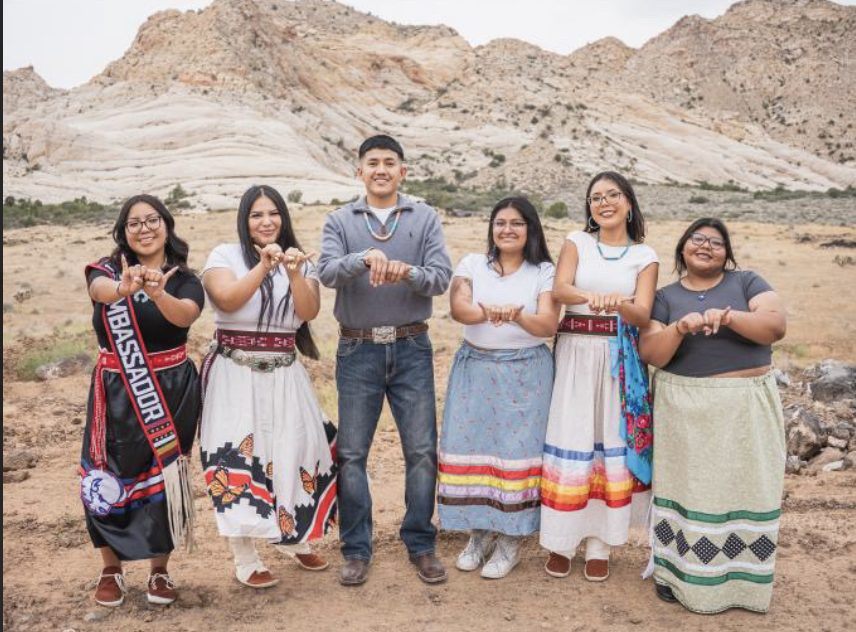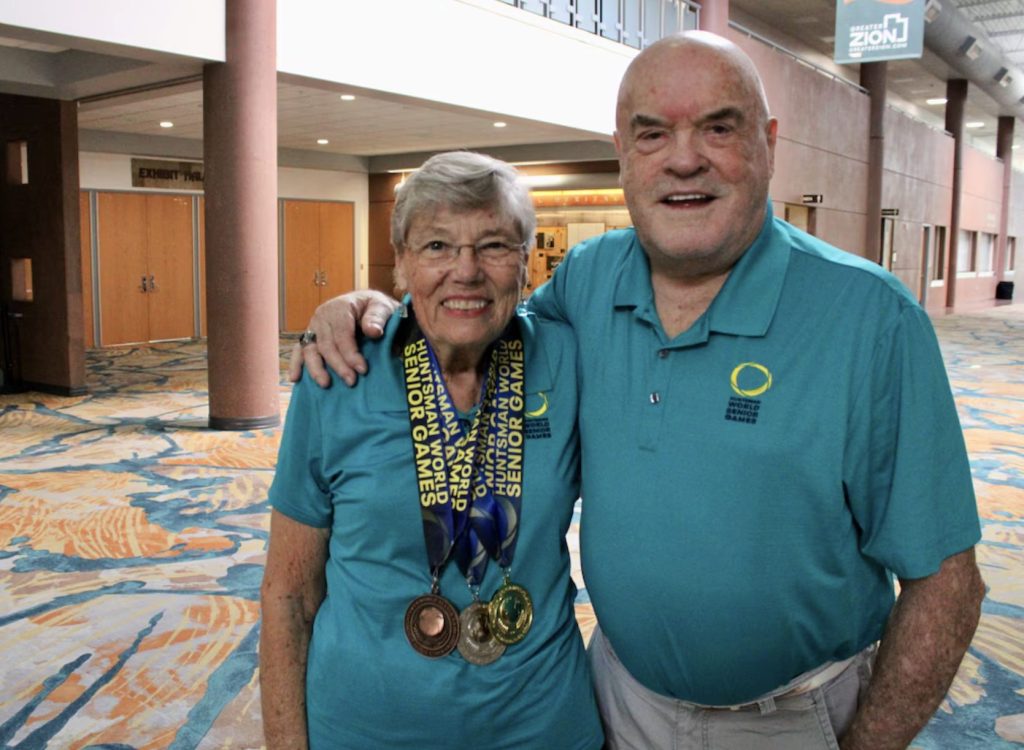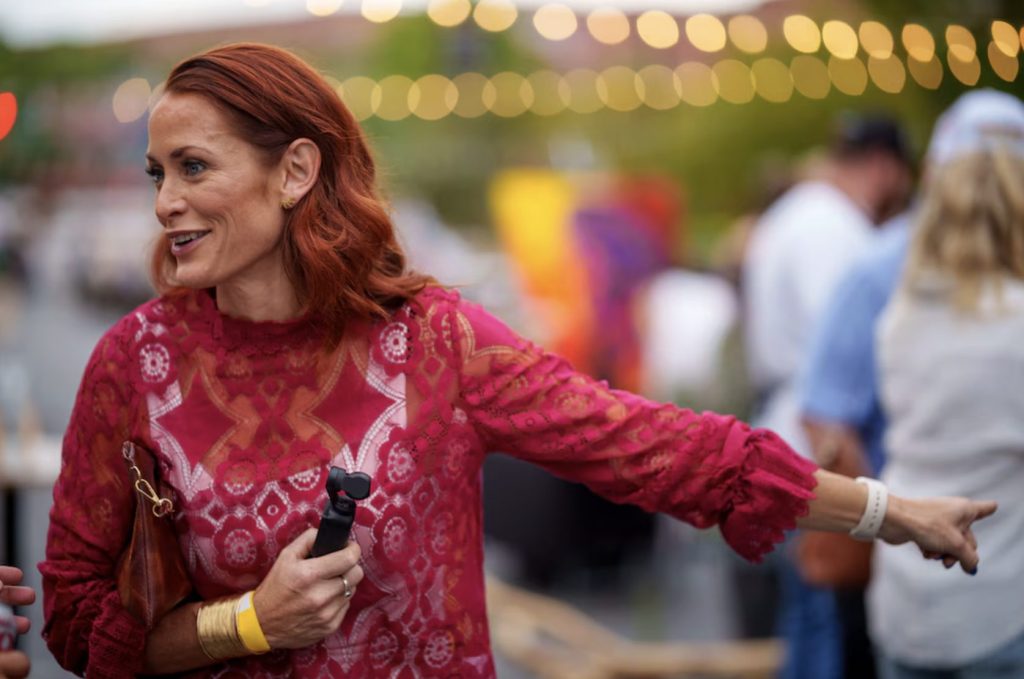The Indigenous Student Organization is a club that is dedicated as a space for students to come together and represent their culture.
The club is student-run and not only for Indigenous students, but anyone who supports Indigenous communities.
President of the club, Makayla Hummer, a junior biology major from Hurricane, said the group helps students by creating a welcoming environment where they can feel seen, valued and celebrated.
Although financing regulations have changed, the club continues to thrive through student leadership, fundraising and community support.
Vice president of the club, Malia Delmar, a sophomore criminal justice major from Cedar Ridge, Arizona, said what makes the ISO so important is that it builds a community outside the ones they have at home.
“Most of us aren’t close to home, whether that’s a reservation or not,” Delmar said. “So, coming to ISO, we try to make it community-based as much as possible so we can connect and not feel so out of place or lonely.”
The club meetings are every Wednesday at 6 p.m. in the Science, Engineering and Technology Building in room 524. Their meetings are open to members and anyone interested in learning more about their organization.
A member of the club, Mia Nizhoni, a senior communication studies major from St. George, said the group hosts a wide variety of events, which also include sporting activities like volleyball or pickleball.
One of their bigger events is the ISO Ambassador Pageant, which will take place Nov. 11 at the Gardner Student Center ballroom. At the pageant, Nizhoni will be passing down her title to the newest ambassador.
Not only are there events, but volunteer/service opportunities as well. They volunteer at the St. George Marathon Oct. 4. They have also volunteered at a soup kitchen, served food at a homeless shelter during Thanksgiving, and delivered Valentine’s grams to the Paiute Indian Tribe.
ISO is also involved in Homecoming, a taste event with traditional food, and other cultural showcases throughout the year. They host fundraisers such as bake sales and Navajo Taco sales, which help support their future events and offer the campus community a way to experience Indigenous traditions.
The club receives help from a faculty sponsor that helps communicate their events to other faculty and staff. They also have a club adviser that supports them by setting up club meetings, regulations and answering any questions they have.
“ISO offers leadership opportunities, cultural events and a sense of belonging for Indigenous students, while also encouraging cross-cultural learning and allyship,” Hummer said. “Since our group is open to all, it gives both Indigenous and non-Indigenous students a chance to learn, support and grow together.”
To contact them through Instagram, their account can be found at indigenous.ut.
Delmar gave a message for the university’s community: “As vice president, I want to create a place to other fellow Native students. It’s challenging coming to a more busy and urban environment compared to back home on a reservation. I want to be that safe place and also prove that Native students can exist within communities like college; to do and strive for more through academics and community.”




